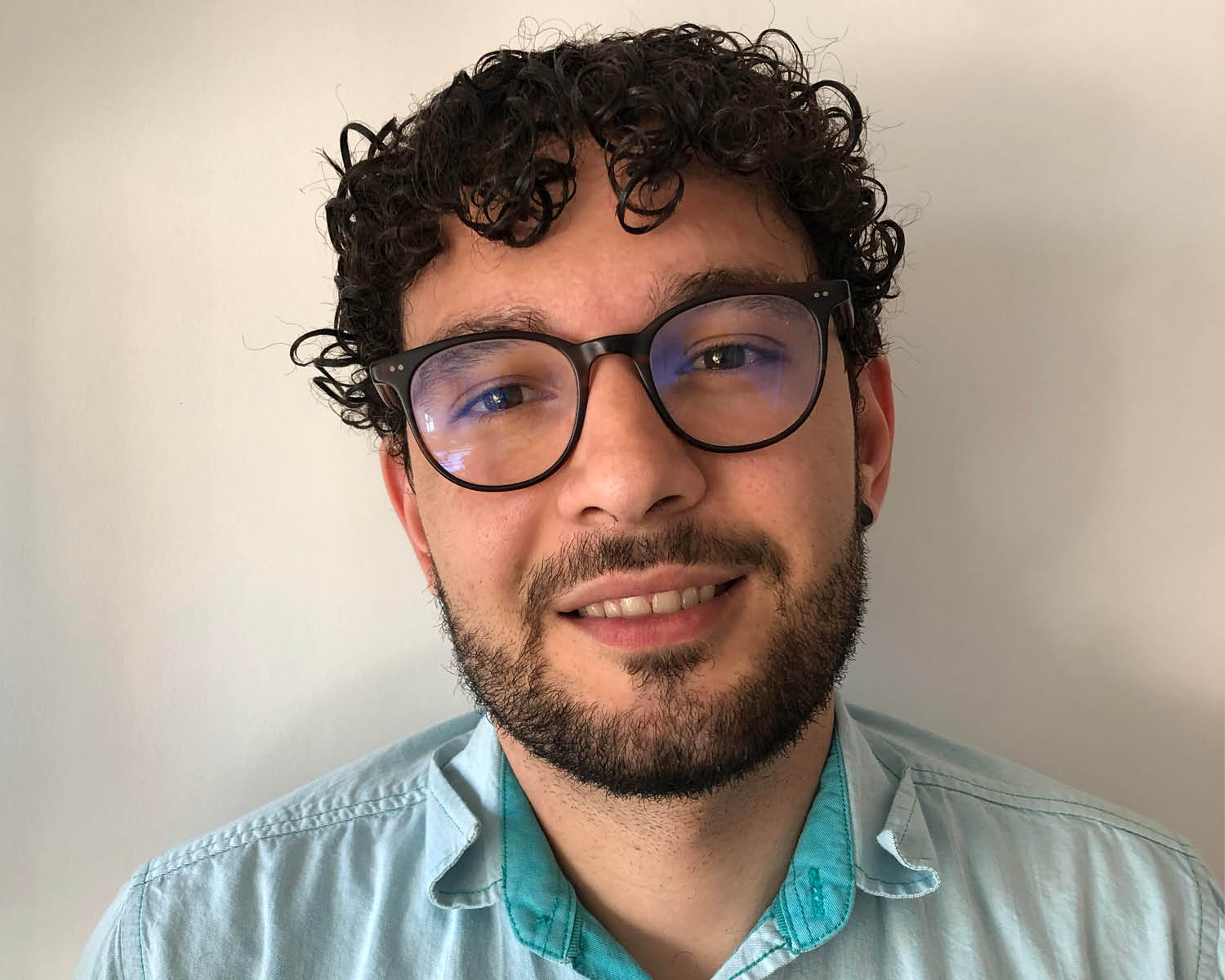Belmir de Jesus Junior

It was an honour to be nominated, and an immense recognition to be chosen for the prize. It reinforces the importance of the work I accomplished and also motivates me to continue to evolve to become the professional I hope to be.
Belmir Jose de Jesus Junior
M.Sc. Telecommunications, 2020
Centre Énergie Matériaux Télécommunications | Supervisor: Tiago H. Falk
What brought you to INRS? What has stayed with you from your experience?
It was based on what I experienced during my undergraduate studies in a Canadian university. I became aware of how universities are structured here and how they provide students with optimal career development and experience. So I started to look at the laboratories and research groups of various Canadian universities for my graduate studies. During this research, I was very happy to discover MuSAE, INRS’s laboratory for the analysis and improvement of multimedia/multimodal signals, due to its innovative and outstanding research results. I was very excited to read papers by Professor Falk and find similarities between my bachelor’s project and research at the MuSAE lab. So, I was very happy to get the chance to complete my master’s research at INRS. It offers an interdisciplinary, collaborative environment that promotes creativity and allows students to flourish.
Can you tell us about the issues and impact of the research presented in your master’s project?
First, it is important to understand that there is still no specific diagnostic exam for Alzheimer’s disease, aside from a post-mortem neuropathological study of the brain. While the patient is alive, diagnosis is primarily based on cognitive evaluation through paper-pen tests. Many studies have demonstrated the advantages of biomarkers for the specific detection of Alzheimer’s disease, but there has been little exploration of the use of these biomarkers to monitor the evolution of the disease. During my research, we studied the development of new biomarkers to monitor the development of Alzheimer’s disease by using a combination of electroencephalography characteristics and magnetic resonance imaging, as well as machine-learning algorithms. I hope the results obtained will help health care professionals improve patient care and the early diagnosis of Alzheimer’s disease.
What does winning this prize mean to you?
It was an honour to be nominated, and an immense recognition to be chosen for the prize. It reinforces the importance of the work I accomplished and also motivates me to continue to evolve to become the professional I hope to be.
What is your next chapter, now that you have received your degree?
With the success of my experience, I have decided to continue my doctoral studies at the INRS Énergie Matériaux Télécommunications Research Centre. I am grateful for the opportunity to contribute to the influential research at INRS, and at the MuSAE lab in particular. I am very motivated to excel at my doctorate and to continue to learn French.
